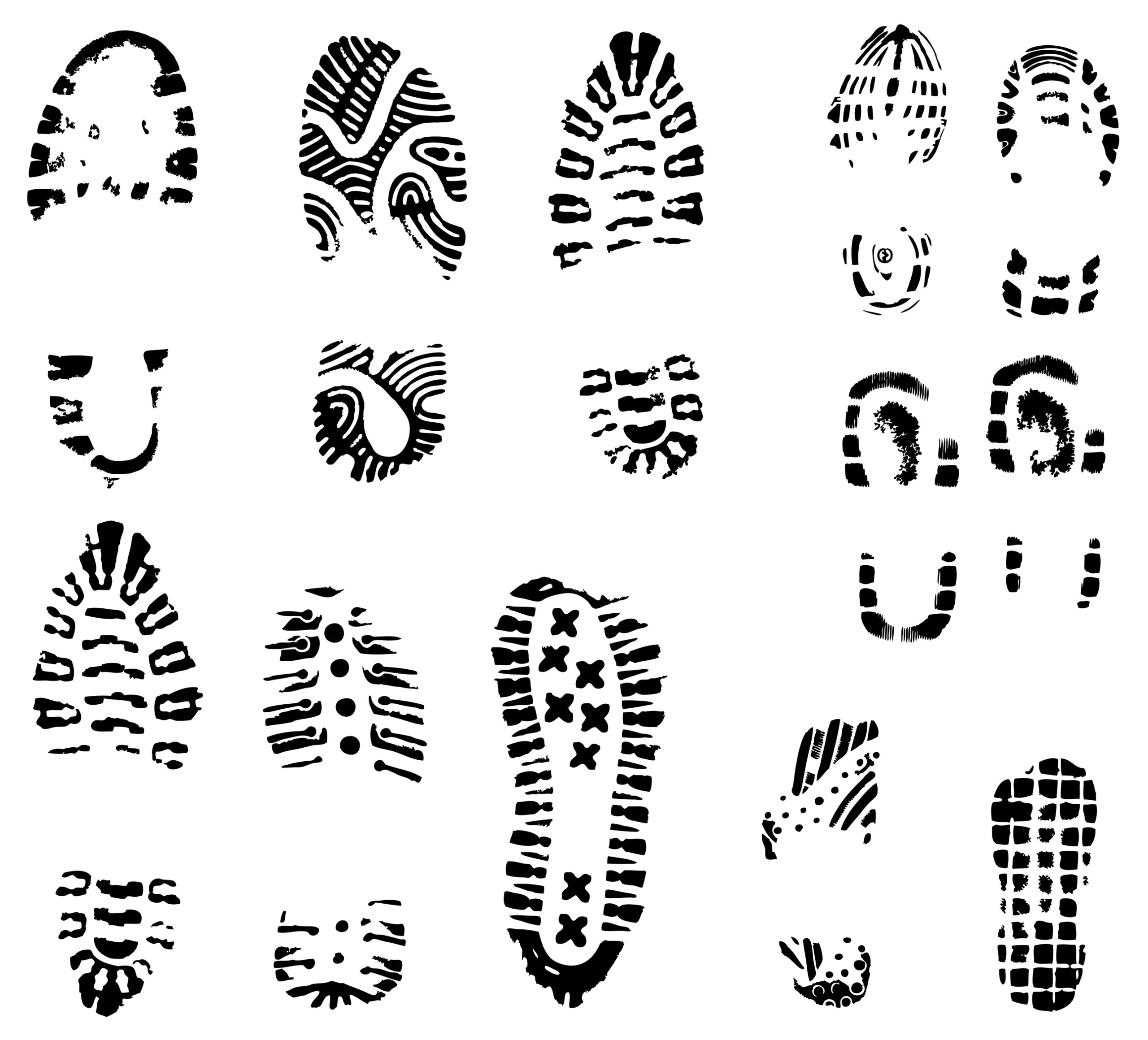As temperatures drop below freezing, it’s time to dig out warmer layers from the back of the closet in order to stay active outdoors this winter. Insulated, grippy boots are important to help older adults stay safe and prevent falls on icy steps or walkways. But it may be time to invest in a new pair of winter boots – a recent test of winter footwear by a group of biomedical engineers found that 5 out of 6 top Canadian boot brands failed testing on icy surfaces.
According to a recent CBC Marketplace report, winter boots from Merrell, Sorel, Kamik, Ugg, Timberland, and WindRiver were tested on a wet, icy surface. Only the WindRiver Backwoods Waterproof Hyper Dry 3 hiking boots, with fiber-embedded soles, passed the traction test on slippery surfaces.
The boot models chosen for the test were all warm and good for walking but when the icy floor of the testing space was elevated to an angle of 15 degrees, all but the WindRiver boots failed to provide traction. Gentle slopes are common on sidewalks, ramps, and curbs, so having footwear that can grip in icy, uphill or downhill conditions is important to help prevent falls that lead to injury. Falls are a leading cause of hospitalization among older adults, frequently resulting in an injury and loss of function and independence.
Researchers say the abrasive materials mixed with soft rubber are the key to the improved traction the WindRiver boot provides. The brand is made by Mark’s, owned by Canadian Tire. The fibers in the boot soles act as tiny spikes that can bite into the ice surface, even when it is wet.
Other boots on the market that have grippy soles for ice include those made with ICEFX, Green Diamond Technology, or Vibram Arctic Grip. If new winter footwear is not in your budget this season, winter traction cleats like YakTrax, are an affordable way to stay on your feet in icy conditions this winter but don’t forget to take them off when you step indoors. The tile surfaces of most retail stores and some homes will make wearing YakTrax over your boots a sure-fire fall hazard.
Learn more about the “snowflake” rating project launched by scientists at the Toronto Rehabilitation Institute to test casual and work boots for their ability to stop slips and falls in the winter by following this link to the Canadian Occupational Safety website.






Add Your Voice
0 Comments
Join the Discussion